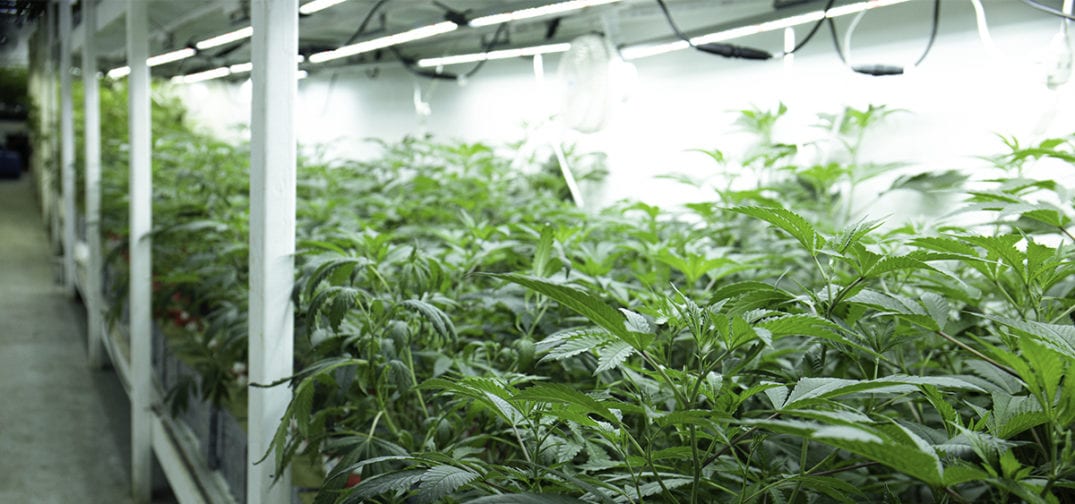This article was written by Gaspard Le Dem and originally published by Outlaw Report.
It has been a brutal year for D.C. businesses. Amid strict coronavirus restrictions, storefronts across the District faced a new socially distanced reality, leaving them to quickly adapt their business models or perish. Some found ways to cope, but many were forced to permanently shutter their doors. At least 375 businesses have closed in D.C. since officials announced the first pandemic lockdowns in early 2020, according to a recent tally by WAMU.
Now, with coronavirus caseloads approaching new lows, commercial activity in D.C. is returning to some sense of normalcy. On May 21, D.C. Mayor Muriel Bowser lifted most remaining limitations on businesses, including restrictions on capacity, hours of operation, and types of activity.
For D.C.’s fledgling medical cannabis industry, the pandemic brought significant challenges as businesses looked for ways to accommodate patients without putting them at risk of contracting a potentially deadly disease.
But it also had its silver linings as a wave of emergency regulations gave growers and dispensaries greater freedom to conduct their business.
The most sweeping change came in October, when D.C.’s Alcoholic Beverage Regulation Administration (ABRA) took over the medical cannabis program from DC Health, an agency that many had criticized for slowing the industry’s growth.
ABRA immediately adopted a more business-friendly approach, issuing a series of emergency rule changes that allowed dispensaries and growers to adapt to the pandemic.
ABRA also gave dispensaries the green light to deliver cannabis products straight to people’s doorstep, along with curbside pickup outside storefronts. A month later, the agency OK’d cannabis sales to out-of-state patients, a major boost for the industry, which was previously limited to D.C. cannabis cardholders.
Then, in March of this year, ABRA simultaneously eliminated a cap on the number of plants that growers could cultivate, allowed dispensaries to host educational classes and demonstrations, and authorized schools to administer cannabis to qualifying students.
Meanwhile, the D.C. Council passed temporary legislation opening up the cannabis industry to formerly incarcerated entrepreneurs, and is now considering a bill to grow the number of dispensary licenses from eight to 16.
Cannabis business owners say ABRA’s deregulation blitz has played a big role in keeping the industry afloat during the pandemic. As of this week, none of D.C.’s eight dispensaries or seven cultivation centers have had to shut down.
Linda Greene, owner of Anacostia Organics, a dispensary in Southeast D.C., told The Outlaw Report that her business is now “stronger than ever” as D.C. begins to reopen.
“The pandemic allowed us to institute some of the mechanisms we had been trying to get for a long time, such as the home delivery, curbside pickup, and pre-ordering,” she said.
While many businesses — restaurants, clothing stores, hotels — were barely getting by after a sharp drop in sales, Greene says her dispensary was actually growing.
“Our business immediately increased and I had to hire additional staff,” she said. “While other businesses were closing, we were keeping DC residents employed.”
But she says her dispensary’s success wasn’t only the result of regulatory changes –– it took hard work from staff and a willingness to change.
“Businesses always have to adjust,” she said. “I’m proud of my staff who put themselves at danger of contracting COVID-19 to ensure our patients had the medications, counseling, and kindness they needed during this pandemic.”
Greene says she now looks forward to tourism returning to the District, and being able to serve cannabis patients from other states.
“Because it is federally illegal to cross state lines with any form of cannabis, many medical patients will depend on the legally licensed medical cannabis dispensaries, such as Anacostia Organics, to obtain their medications while visiting our city,” she said.
Rabbi Jeffrey Kahn, who runs the dispensary Takoma Wellness Center in Northwest, said he hopes customers will soon return to his store in person, as most now prefer curbside pickup or home delivery.
“We would love to see a return to people feeling comfortable in the presence of others,” he said.
Like Anacostia Organics, Kahn’s business was able to prosper despite coronavirus restrictions.
“We have maintained steady growth during the pandemic,” he said.
Get daily cannabis business news updates. Subscribe
End
